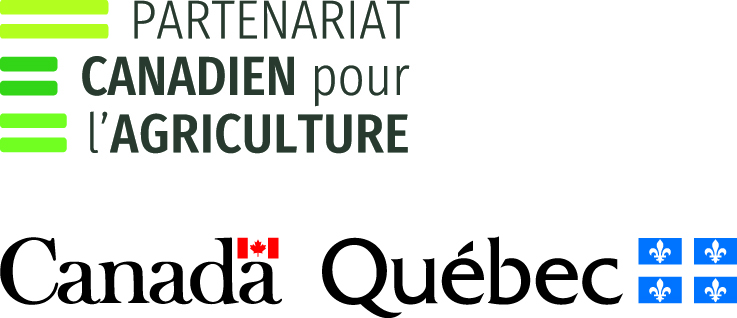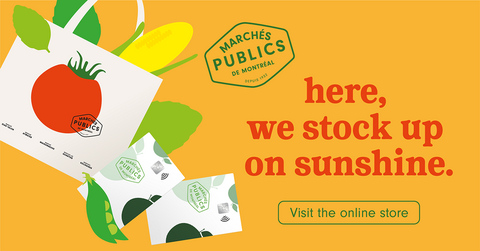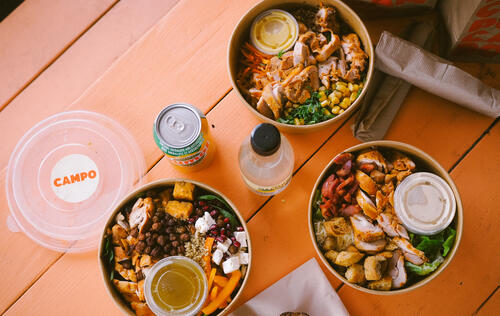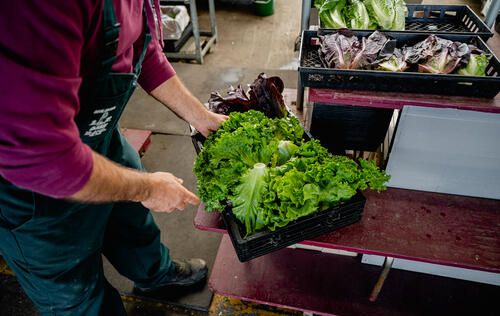Do your market shopping with a zero waste approach to help the Earth!
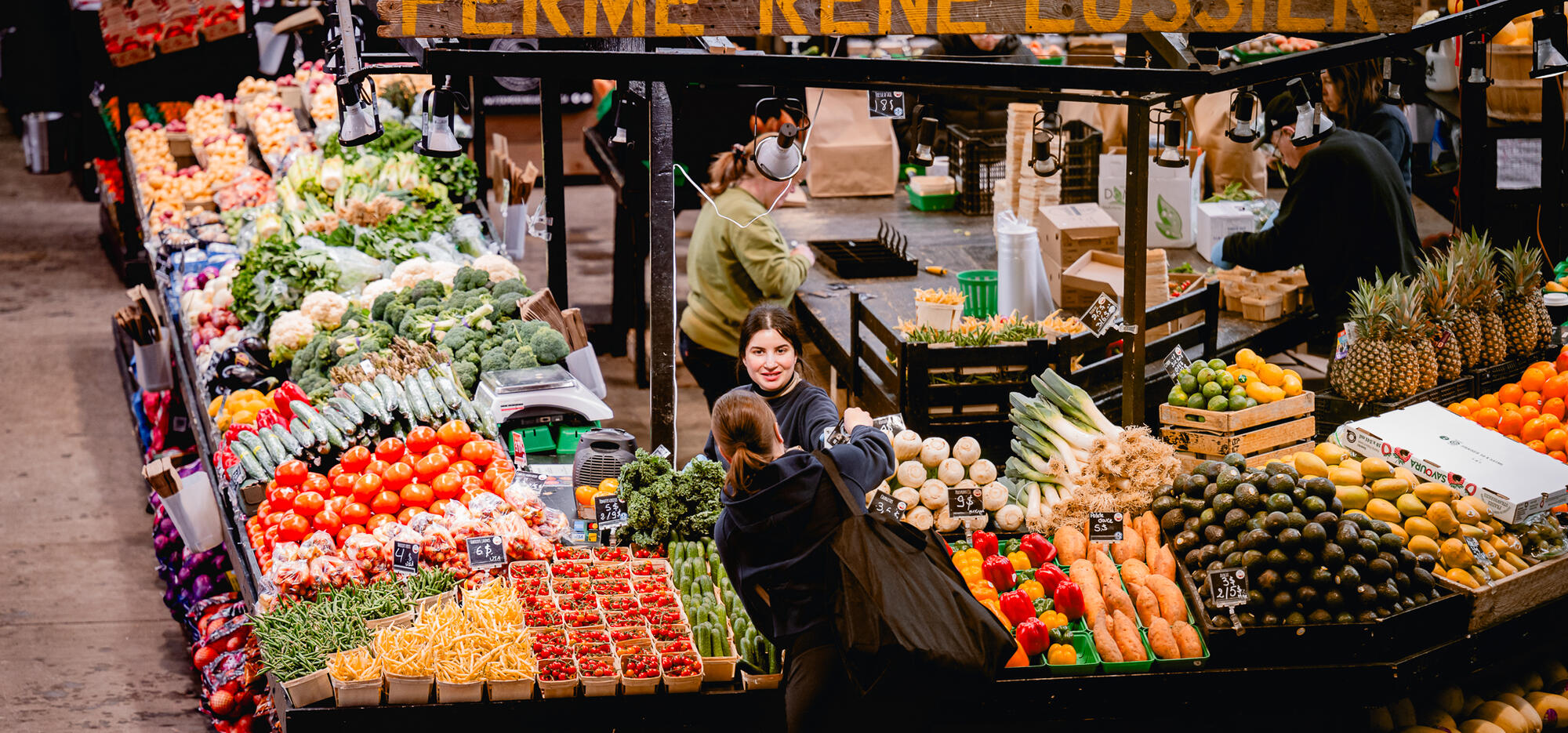
As we celebrate Earth Day on Thursday, reducing your waste production is an everyday challenge. You can make it easier by adopting a few more eco-responsible approaches. What's more, the good weather is on its way and the summer public market season is just around the corner! Would you like to know how to go about it without too much headache? Here are a few tips and tricks you can apply today to help reduce waste while promoting local purchasing.
1. Encourage short circuits
Simply going to the market reduces your carbon footprint! Based on the concept of short circuits, public markets reduce the number of intermediaries between the producer or processor and the consumer. Many businesses produce the produce they sell, which reduces the distance food has to travel to reach your plate!
2. Opt for public transport to do your shopping
To avoid driving alone, opt for public transport, which offers easy access to many markets! However, shopping at public markets and taking public transport can mean spending some time standing with your shopping bags in hand. To make your shopping easier, you can have several reusable fabric bags to separate your items and then put them in a small shopping trolley with soft sides that can often be folded up. You can also reuse berry crates to prevent your food from getting squashed (see the third point). Better equipped this way, you'll find it much easier to do your shopping. Looking for large, solid, eco-responsible bags? Public Markets offer them directly on their websites!
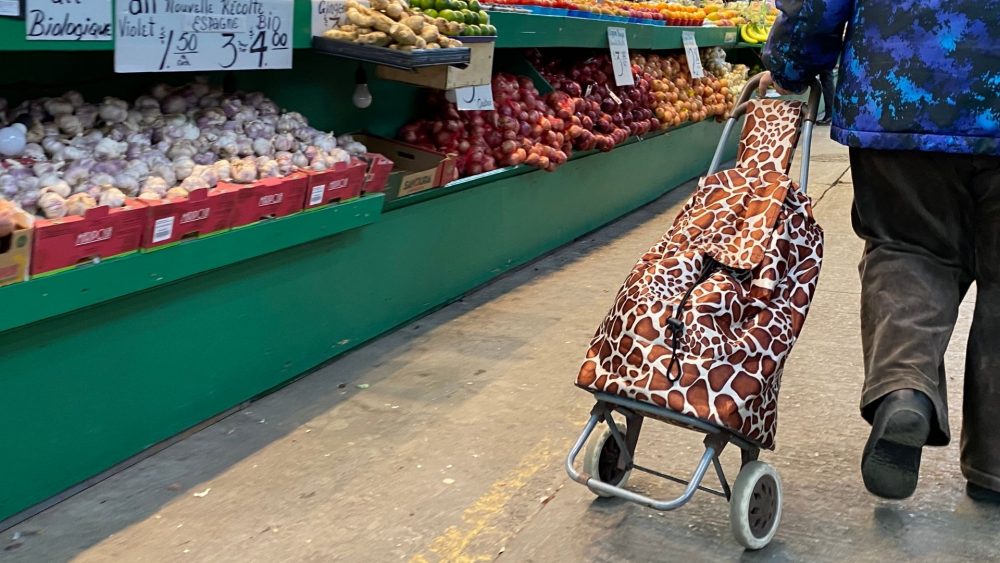
3. Bring back seasonal strawberry and berry boxes
Do you tend to buy a lot of berries when the season gets into full swing? Get into the habit of returning empty crates after they've been eaten. Unusual? Not really! Plastic containers and large boxes used to transport these tasty berries are often thrown away, as they are generally waxed and difficult to recover in Quebec. As for the little red or blue plastic baskets, they're not much better off because they're marked mobius #6. By bringing back containers that are still in good condition on your next visit, you are actively participating in reuse. Ask the retailer concerned whether this practice is acceptable to them.
4. Encourage shops to reduce waste by eating ‘ugly’ fruit and vegetables!
As you already know, food is placed in such a way as to bring out its best features. So don't hesitate to ask your favourite shopkeeper if it's possible to buy their ‘ugly’ fruit and vegetables, or the parts of food that are normally thrown away. From carrot tops to onion stalks and a few extra lettuce leaves, these foods are still excellent to eat. Once peeled, cut and mixed, ugly vegetables are invisible to the eye. So you can add them to broth, soup, compote, jam or even pizza!
Shopkeepers are happy to help you avoid wasting some of their produce, and will sometimes offer you free of charge certain foods that are destined for composting or worse... the bin! It's well worth a visit, especially if you've got a few rabbits who love mismatched greens!
It's not unusual for shopkeepers to be willing to sell you the exact quantity of food you need, even if the baskets are already prepared. Don't hesitate to let them know what you need, and you'll avoid ending up with a surplus.
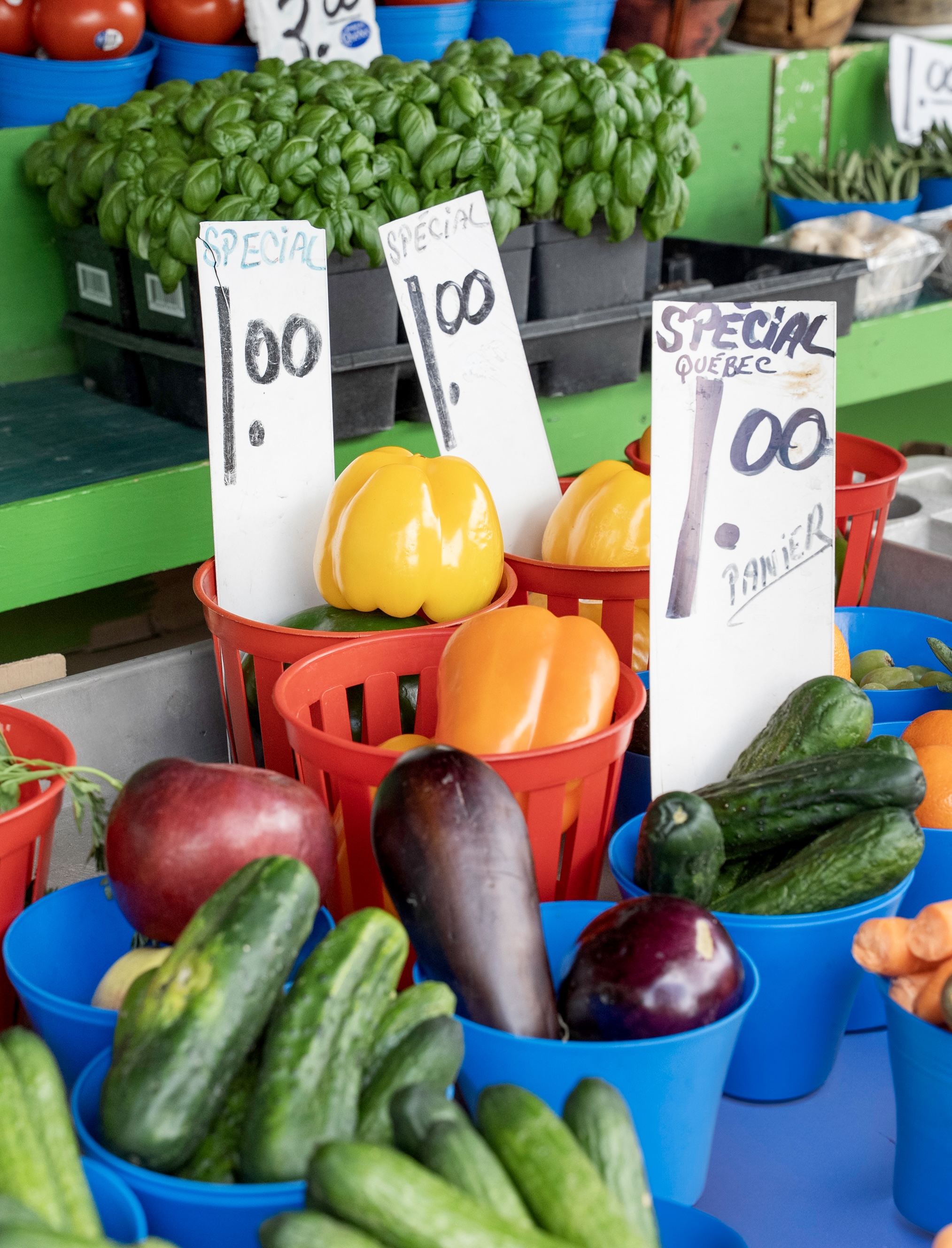
5. Refuse plastic bags and bring your own reusable containers.
Some kiosks make it easy to buy some of their fresh foods by placing them in a plastic bag inside a decorative basket. You have the right to refuse them by transferring the contents of these little baskets into your own cloth bags or old jars. Some retailers even strongly encourage this practice, as it allows them to reduce the quantity of single-use bags.
Did you know that many food stands offer many of their products without packaging? Using a wide-mouth container with a resealable, leak-proof lid, it's perfectly possible to receive a number of bakery products, such as pastries, sandwiches and other tasty treats on the go in your own reusable dish. What's more, you can carry your own utensils. Then you're in business when it comes to reducing disposable plastic waste!
If you're the type of person who enjoys the taste of a coffee roasted on the premises during your visit, the same principle can be applied, without contact, thanks to a reusable insulated cup that you can present to your favourite barista. This way, you can avoid the many non-recyclable paper cups and their single-use lids. With a reusable straw as a bonus, you'll be able to enjoy a delicious iced coffee on sunny days! Why deprive yourself? It's so easy when you're well prepared. Be part of the solution by becoming an agent of change and encouraging good practice.
These simple behaviours to adopt in everyday life could go a long way towards limiting the amount of rubbish you put out and helping to protect our environment. The most important thing is to be proud of what you can achieve in your own situation. Be confident, every action counts. You have the power to take another step in the right direction.
So, what action would you like to take?
A text by Le Circuit Zéro Déchet
Cindy Trottier is the founder of the consulting firm Le Circuit Zéro Déchet. A speaker, presenter and blog writer, she has been encouraging consumers since 2015 to make lifestyle changes to reduce their waste production.
